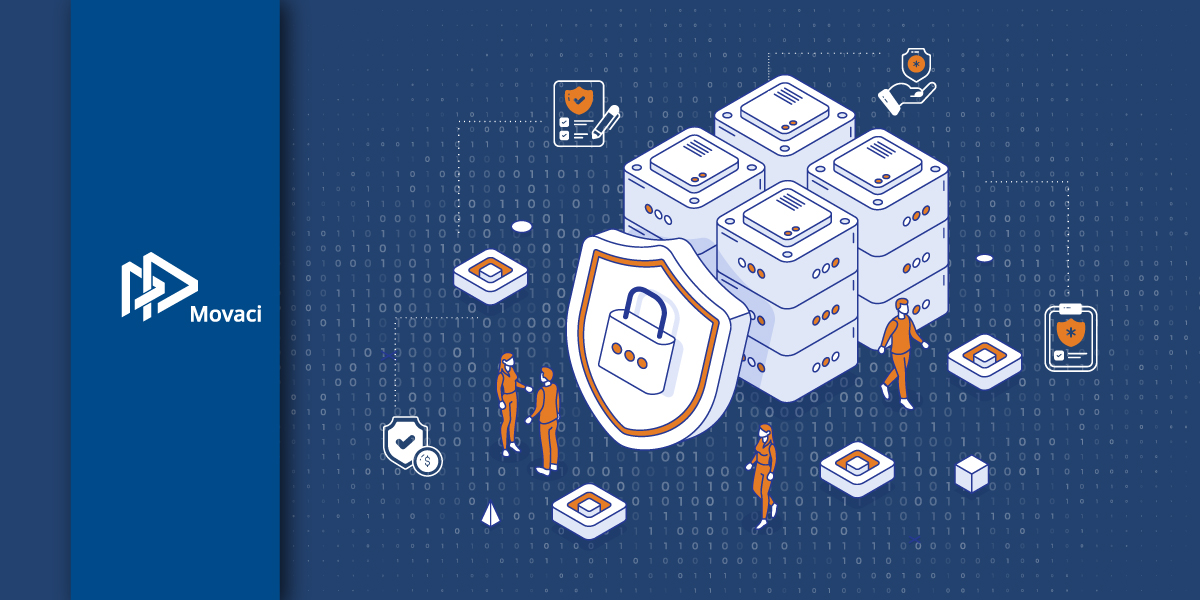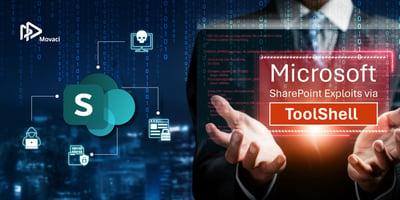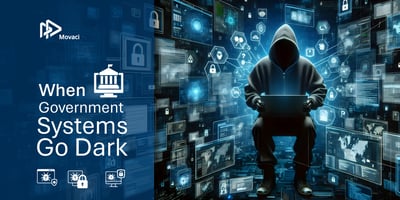When organizations hear “legacy software”, they often think of slow performance, outdated...
The WhatsApp Wake-Up Call: Rethinking Data Security in Mission-Driven Work
The U.S. government’s recent WhatsApp ban on official devices is more than a policy change, it is a signal to every organization that handles sensitive data without clear visibility or control. Christian-owned businesses, faith-based nonprofits, and mission-driven SMEs are not exempt from the same risks. In fact, they often carry greater responsibility to protect those they serve. This article explores how Data Loss Prevention (DLP), Microsoft 365 tools, auditing, and AI-based threat detection work together to strengthen operational integrity while supporting compliance and accountability, without sacrificing collaboration or mission.
In February 2024, the U.S. Cybersecurity and Infrastructure Security Agency (CISA) and the Department of State updated internal guidance restricting the use of WhatsApp and similar consumer messaging apps on government-issued mobile devices. The concerns were not about encryption itself, but rather the lack of data visibility, audit logging, and the risk of unmonitored data exfiltration.
For government agencies handling classified or sensitive but unclassified (SBU) information, this is a necessary safeguard. But the underlying issues are just as relevant to faith-based organizations and small to midsize enterprises (SMEs) that rely on trust and discretion to fulfill their mission. If sensitive data is moving through consumer-grade messaging platforms without any record, oversight, or control, then the organization is operating blind.
This is especially important for Christian-led organizations that may be handling donor records, internal strategy discussions, financial reports, counseling communications, or even field-sensitive materials from partners operating in restrictive environments. Many of these groups rely on WhatsApp because of its global reach, low cost, and encrypted messaging. But once data is shared, there is no centralized audit trail, no ability to revoke access, and no assurance that the data stays contained.
That is where Data Loss Prevention plays a critical role. DLP solutions are not about surveillance, they are about stewardship. They allow organizations to define what information is sensitive, how it can be handled, and under what conditions it can be shared. Modern DLP tools make this accessible even to smaller organizations.
In Microsoft 365, for example, administrators can configure DLP policies to automatically detect and act upon content that matches predefined sensitivity patterns, such as personally identifiable information, bank account numbers, or internal strategy documents, across Exchange Online, SharePoint, OneDrive, and Microsoft Teams. These policies can be tailored to alert users, block the action, encrypt the content, or require managerial approval before proceeding.
Microsoft Purview, the broader compliance and data governance platform within Microsoft 365, provides secure audit logs and insight into user activity, file access, and data flows across the environment. This makes it easier for leaders to monitor how information is used, ensure policies are being followed, and prepare for regulatory or internal reviews.
Artificial Intelligence adds another layer of defense. AI-assisted monitoring tools can flag behaviors that fall outside normal patterns, such as large-scale downloads, off-hours access, or attempts to send data to personal accounts. While these systems are not infallible, they offer early warning and support proactive risk management.
At Movaci, we often work with Christian-led organizations that want to do the right thing but are unsure where to begin. Many are surprised to learn that the same platforms they already use can be configured to provide strong data protection and compliance features with minimal disruption to staff workflows.
Building a secure organization is not just about technology, it is about mindset. Strong policies, combined with well-implemented tools, allow mission-driven organizations to operate with confidence, knowing they are safeguarding the information entrusted to them. In a world where data is increasingly regulated and cyber threats are rising, trust must be earned and maintained every day.
The WhatsApp ban is not about one app. It is a reminder that convenience cannot come at the cost of accountability. For Christian-owned businesses, the standard is not just legal compliance. It is faithful stewardship of people, purpose, and data.
Take advantage of a FREE
30-minute consultation.
A solutions expert will visit with you about your data loss prevention strategy to help you find your next step.




